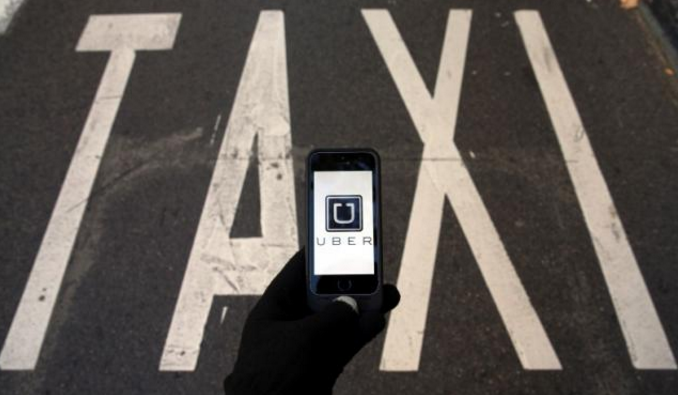Uber's CEO Travis Kalanick claimed in October 2015 that the company has a 30 to 35 percent market share in China. The claim has been met with skepticism by Uber's chief competitor in China - Didi Kuaidi.
In an e-mail reply to Tech in Asia, Didi Kuaidi pointed out that scale and market share of both transport companies in China was "different." The publication reported that Didi Kuaidi offers taxi rides in nearly 400 cities, whereas Uber offers their services in 199 cities. Citing research by third parties, Didi Kuaidi claims to holds over 80 percent of market share in China. It claims to offer around 4 million private car rides each day. A leaked internal memo from Uber's CEO mentions that it was completing around 1 million trips per day.
Meanwhile, Reuters reported that both Uber and Didi Kuaidi are rapidly expanding their business within China. Uber even recently concluded a $ 1.2 billion annual deal to offer services in 100 more cities in China, while Didi Kuaidi has partnered with Uber's competitor in the U.S. - Lyft. According to this deal, both Didi Kuaidi and Lyft will serve each other's customers. Didi Kuaidi has reportedly invested $ 100 million in the said partnership.
Numerous reports cited that Kalanick said that the main reason why Didi Kuaidi is outperforming them in China is because of massive driver subsidies. Driver subsidies are amount paid to drivers for using a service, on top of amount paid from each fare. Kalanick claims that it pays far less in driver subsidies than what Didi Kuaidi does; however, neither Uber nor Didi Kuaidi have revealed the amount that they pay in driver subsidies.
It is said that Didi Kuaidi's representative mentioned that their company's scale of operations is large enough to compensate for amount spent in driver subsidies. Furthermore, Didi representative also claimed that the company has passed its break-even point in over 100 cities in China.



























